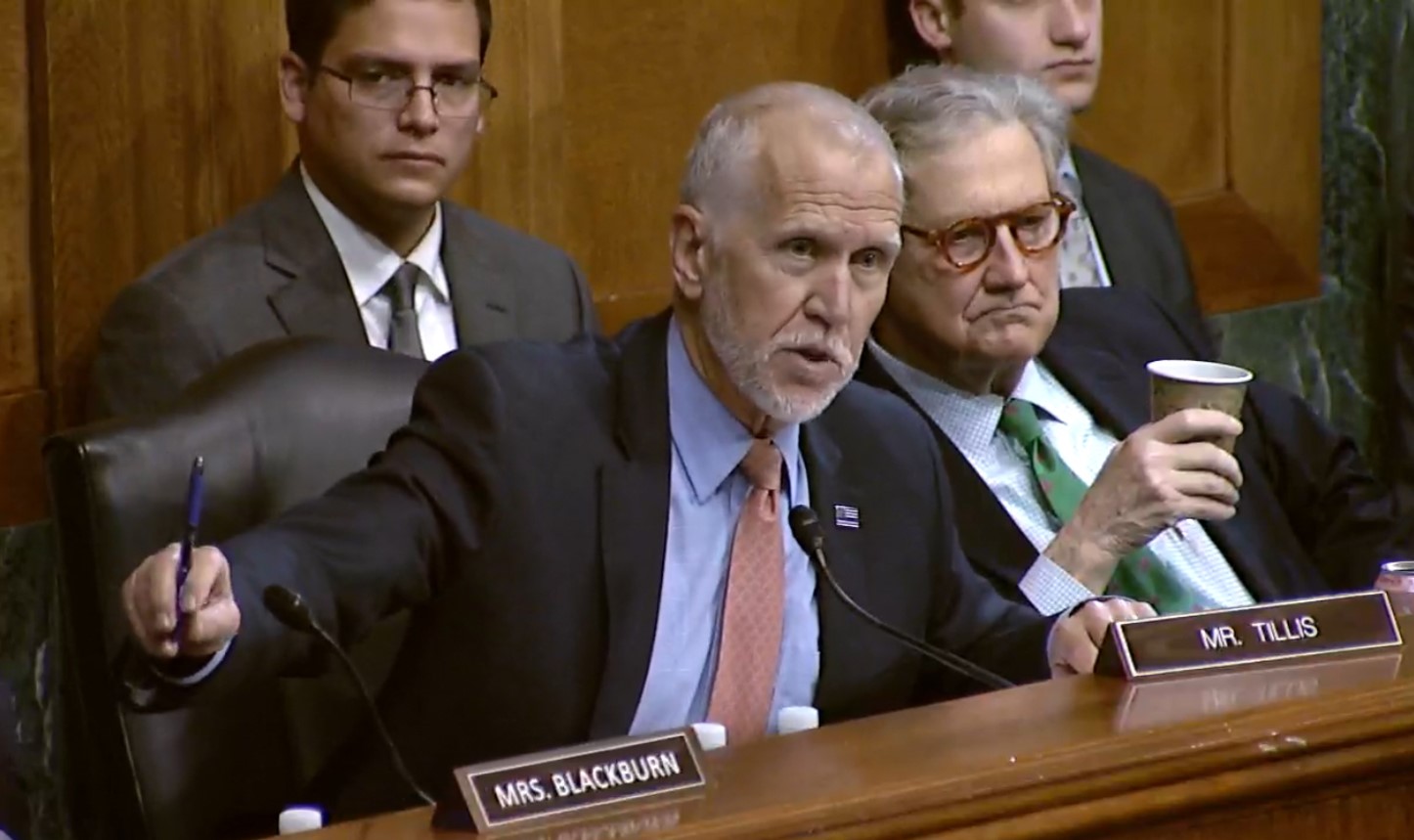WASHINGTON — A bill pending in Congress and proposed regulations could mean less noninterest income for credit unions.
The bill (H.R. 5224) passed by the U.S. House, as well as rules being considered by the Federal Reserve, the NCUA and the FDIC, would allow credit union members to opt out of having some or all overdrafts paid at the point of sale. Credit unions would also be banned from charging overdraft fees if the overdraft is the result of a hold on funds.
Also, the overdraft fees on debit cards could instead be disclosed as a finance charge, and thus subject to the antiusury laws; credit unions can only charge up to 18% interest. In other words, if a credit union charges $25 for an overdraft and someone overdraws the account by $100, the CU could not charge the full amount because it would exceed the 18% cap.
Complete your profile to continue reading and get FREE access to CUTimes.com, part of your ALM digital membership.
Your access to unlimited CUTimes.com content isn’t changing.
Once you are an ALM digital member, you’ll receive:
- Breaking credit union news and analysis, on-site and via our newsletters and custom alerts
- Weekly Shared Accounts podcast featuring exclusive interviews with industry leaders
- Educational webcasts, white papers, and ebooks from industry thought leaders
- Critical coverage of the commercial real estate and financial advisory markets on our other ALM sites, GlobeSt.com and ThinkAdvisor.com
Already have an account? Sign In Now
© 2024 ALM Global, LLC, All Rights Reserved. Request academic re-use from www.copyright.com. All other uses, submit a request to [email protected]. For more information visit Asset & Logo Licensing.









